Optimal Seasons for Foundation Repairs
Foundation repairs are most effective when performed during specific seasonal conditions that minimize soil movement and environmental stress. Proper timing can help ensure the longevity and stability of the repair work.
Spring offers moderate temperatures and consistent moisture levels, reducing soil shifting and making it an ideal time for foundation repairs.
These periods typically feature stable weather patterns, which can facilitate effective repair work before colder temperatures set in.
Winter months are generally unsuitable for foundation repairs due to frozen ground and harsh weather conditions that hinder excavation and setting processes.
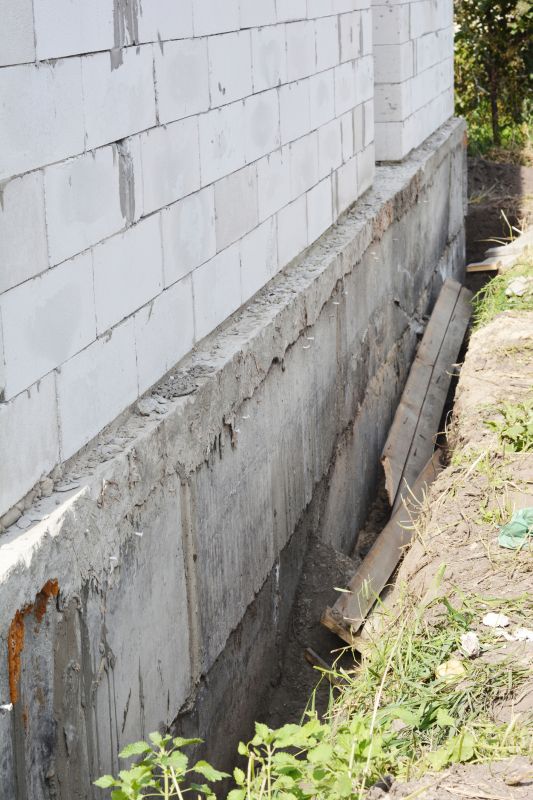
Springtime allows for optimal soil conditions, promoting better adhesion and stabilization during repairs.
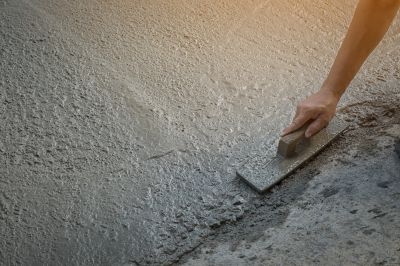
Warm weather and longer days support efficient repair processes and curing times.
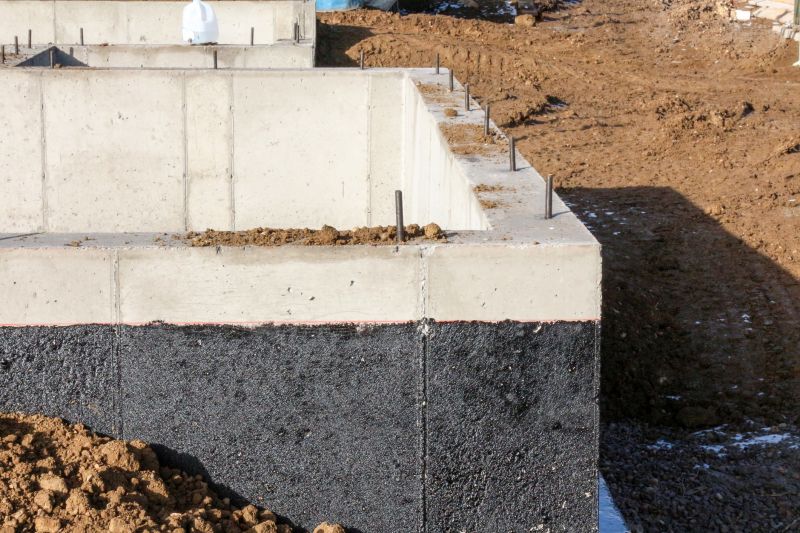
Early fall provides stable weather, reducing the risk of weather-related delays.
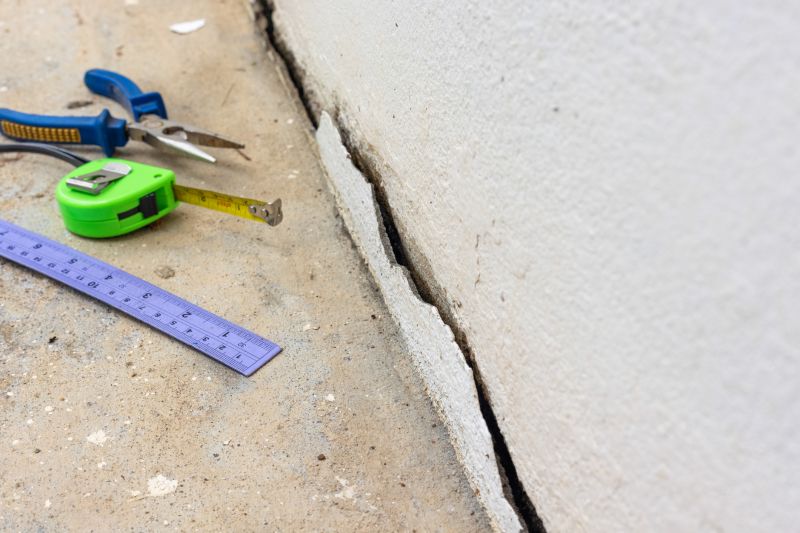
Ways to make Foundation Repairs work in tight or awkward layouts.
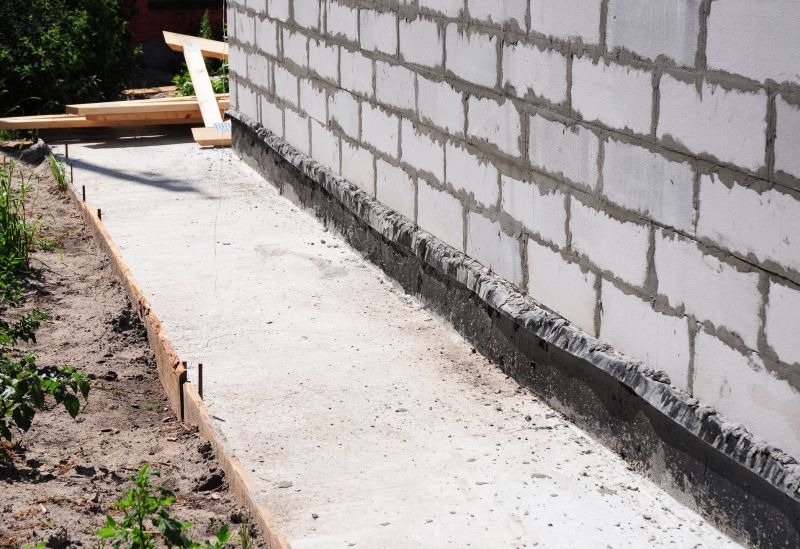
Popular materials for Foundation Repairs and why they hold up over time.
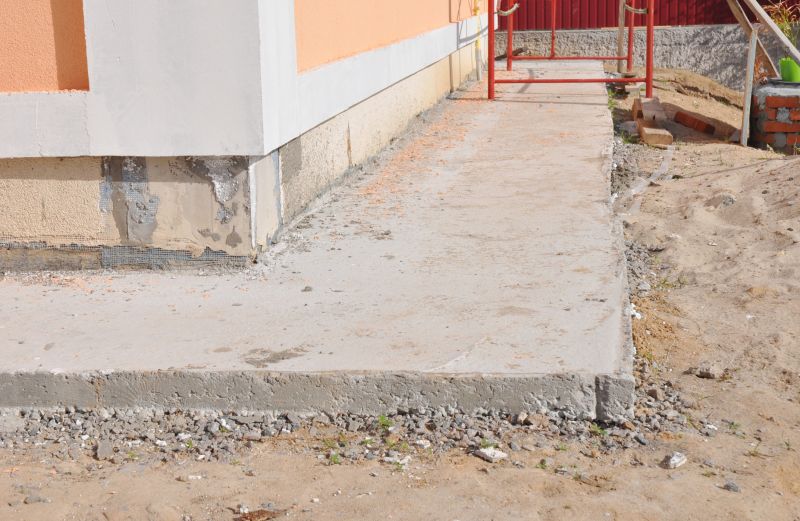
Simple add-ons that improve Foundation Repairs without blowing the budget.
| Season | Ideal Conditions |
|---|---|
| Spring | Moderate temperatures and consistent moisture |
| Summer | Warm weather and longer daylight hours |
| Early Fall | Stable weather and cooler temperatures |
| Winter | Frozen ground and harsh weather conditions |
Foundation repairs involve addressing issues such as settling, cracking, and shifting that can compromise the structural integrity of a building. Proper timing ensures that repairs are more durable and less prone to future movement caused by soil expansion or contraction. Seasonal factors like soil moisture content, temperature fluctuations, and weather stability significantly influence the success of foundation repair projects.
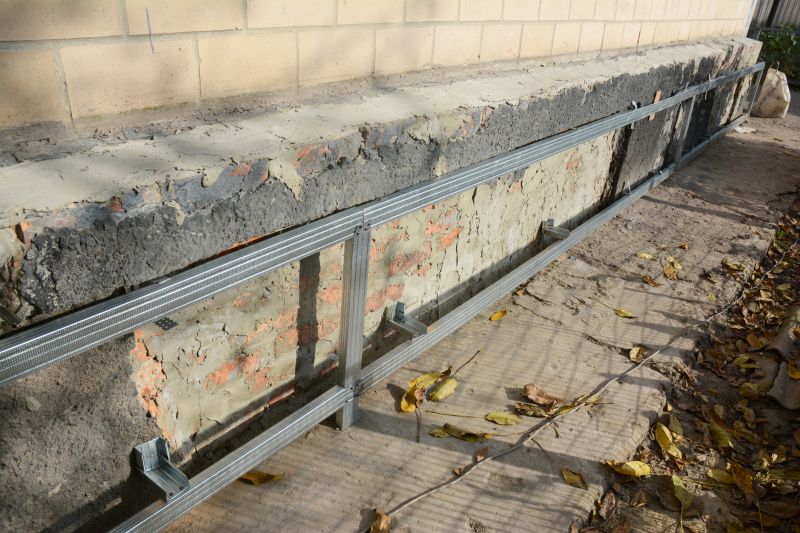
A comprehensive approach involves assessment, stabilization, and reinforcement to restore foundation stability.
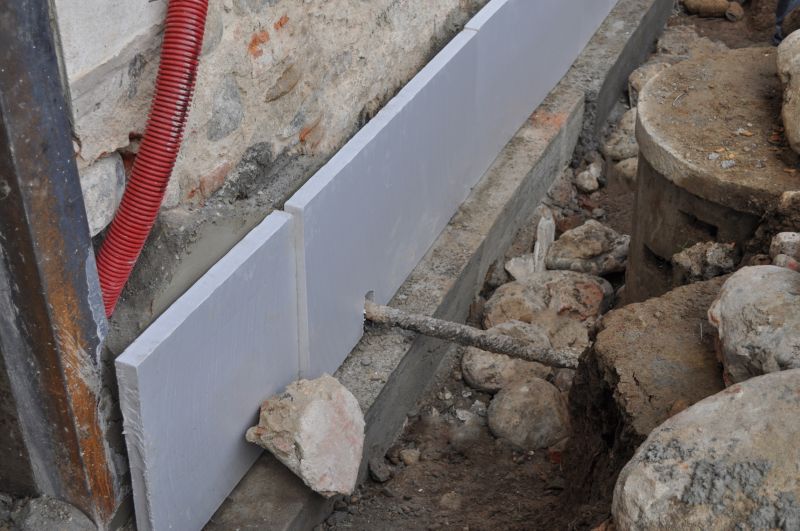
Methods like soil injection and underpinning are used to correct soil-related issues affecting foundations.
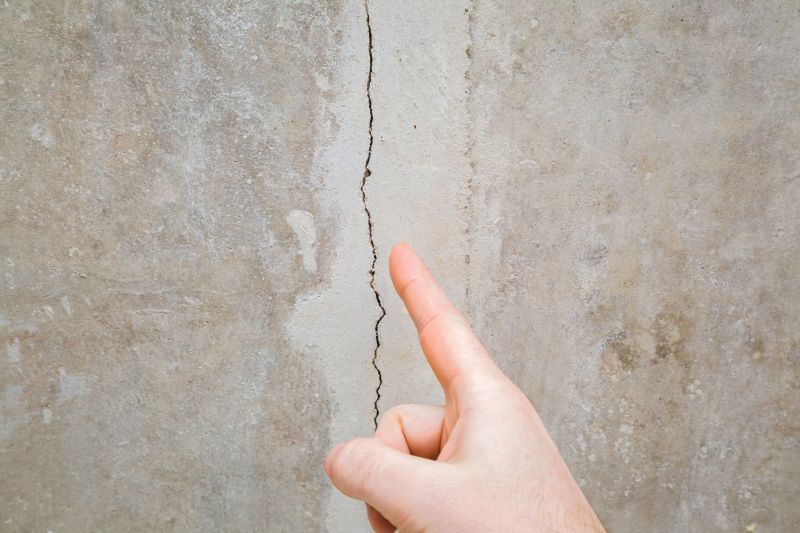
Addressing visible cracks is essential to prevent further structural damage.
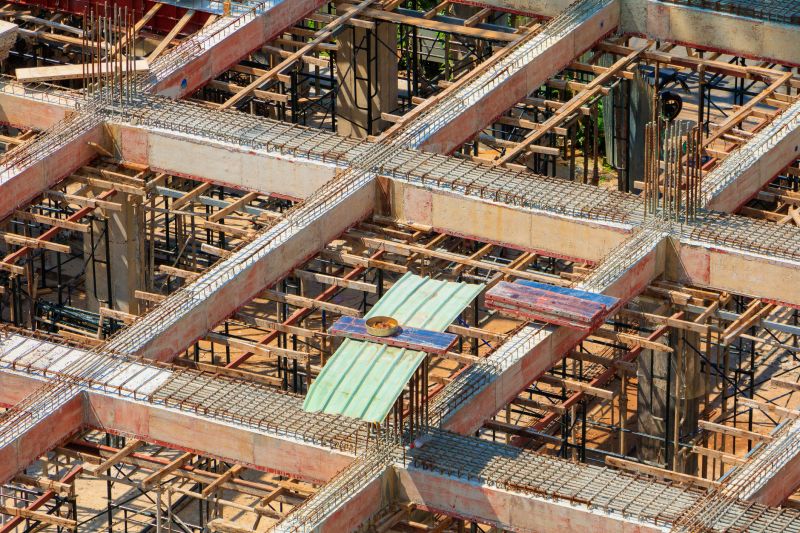
Repair strategies vary depending on foundation type, with piers and beams often requiring specific techniques.
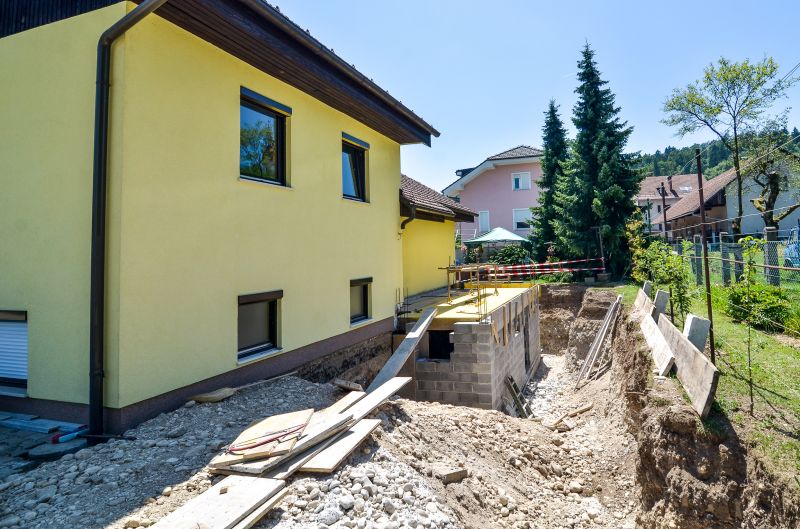
High-end options that actually feel worth it for Foundation Repairs.
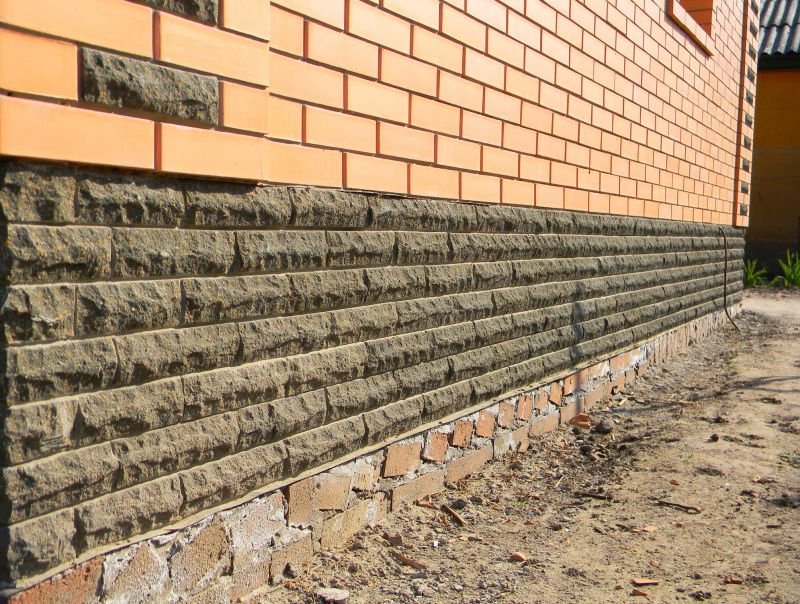
Finishes and colors that play nicely with Foundation Repairs.
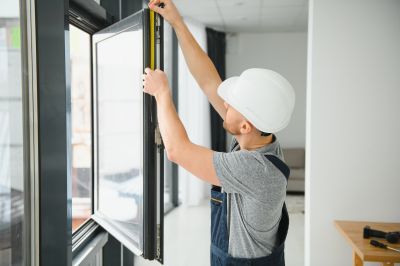
Little measurements that prevent headaches on Foundation Repairs day.
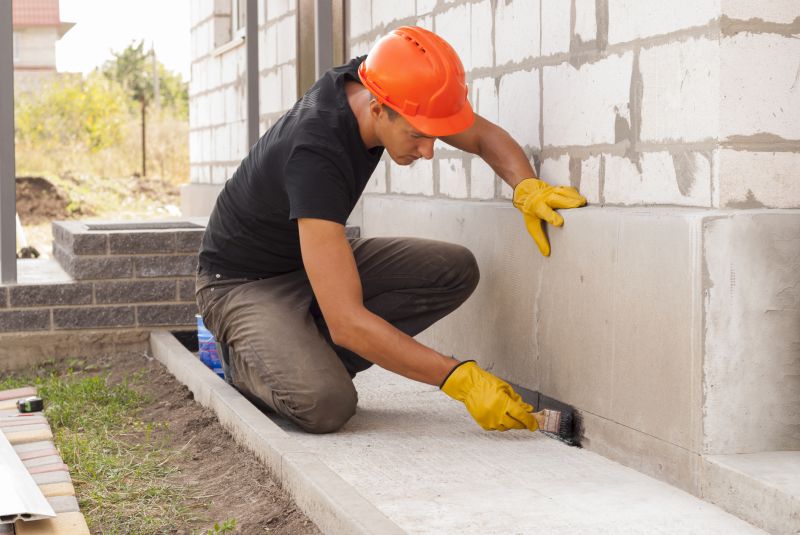
A 60-second routine that keeps Foundation Repairs looking new.
Timely foundation repairs can prevent costly structural damage and extend the lifespan of a building. Consulting with foundation specialists during optimal seasons ensures the best results, minimizing disruption and maximizing repair durability.
Cracks in walls, uneven flooring, and sticking doors are common indicators that repairs may be needed.
Scheduling repairs during favorable weather conditions enhances effectiveness and reduces complications.
Assess local climate patterns and consult professionals to determine the best time for foundation work.
Properly timed repairs can improve structural stability and prevent future issues.
For homeowners and property owners in Saginaw, MI, understanding the optimal timing for foundation repairs can lead to more successful outcomes. Weather conditions, soil behavior, and seasonal changes all play a role in ensuring that repairs are effective and durable.
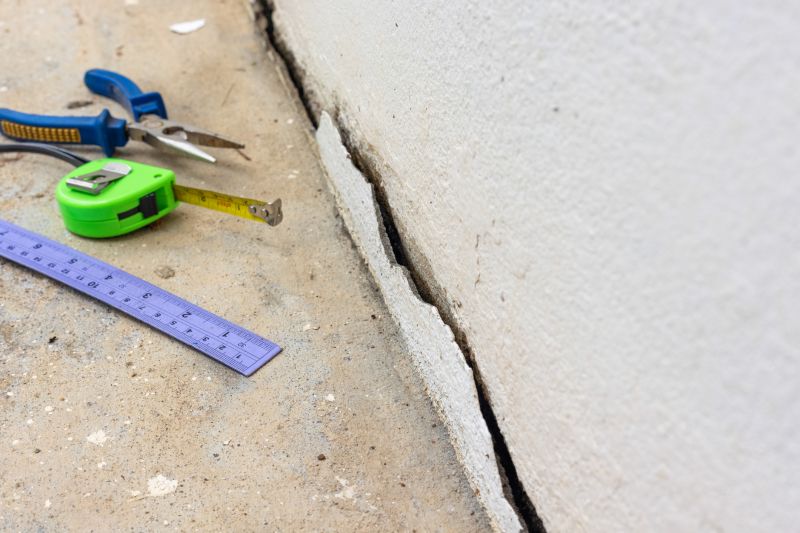
Specialized equipment is used to stabilize and reinforce foundations effectively.
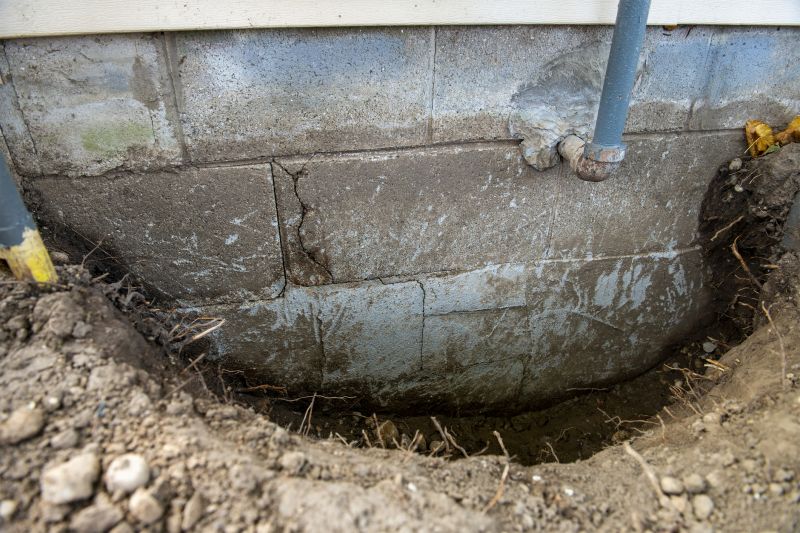
Visual evidence of successful foundation stabilization projects.
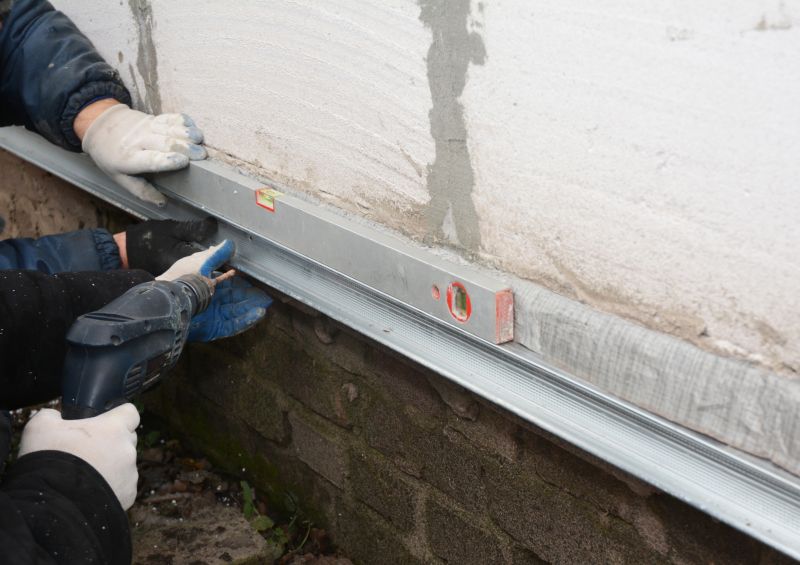
Thorough assessment is crucial before scheduling repairs.
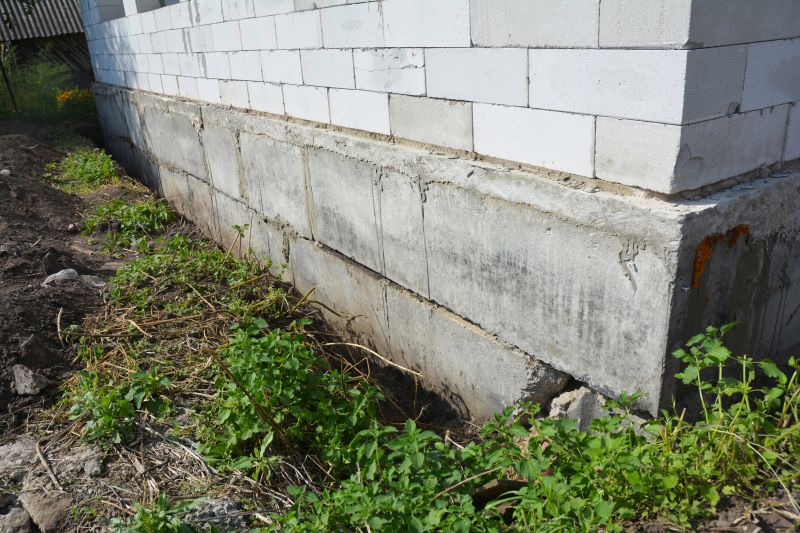
A frequent mistake in Foundation Repairs and how to dodge it.

Small tweaks to make Foundation Repairs safer and easier to use.
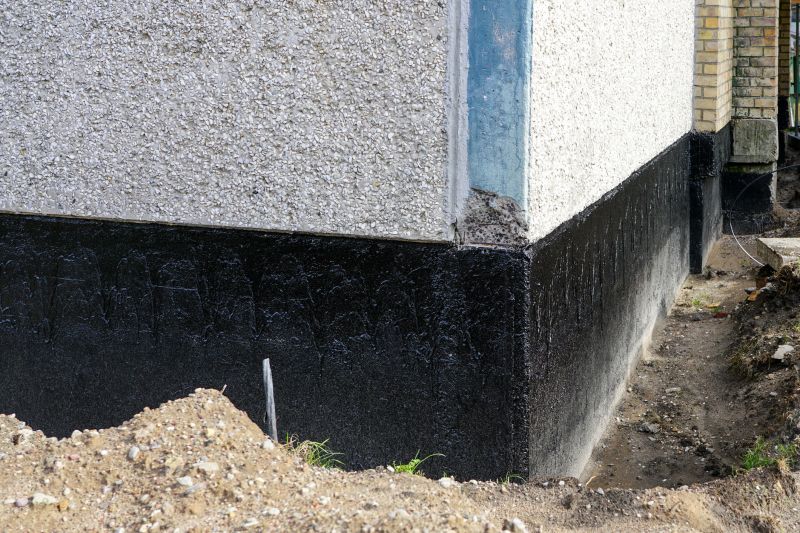
Lower-waste or water-saving choices for Foundation Repairs.
Interested property owners in Saginaw, MI, are encouraged to contact professionals to discuss the best timing and methods for foundation repairs. Proper scheduling can help ensure the longevity and safety of the structure.


